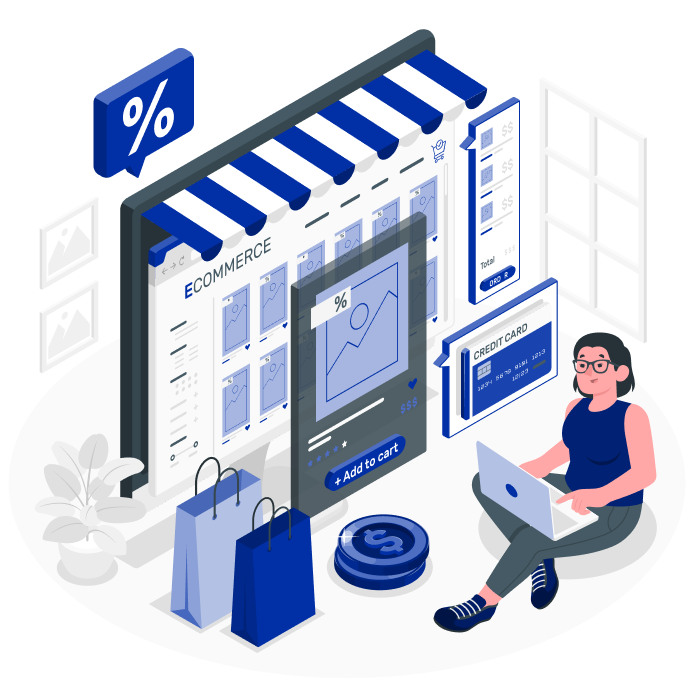Shopincan
Shopincan short for electronic commerce, is the buying and selling of goods and services
over the internet. It has revolutionized the way consumers and businesses interact, enabling
people to shop online from anywhere at any time. This digital marketplace spans various
forms, including B2C (business-to-consumer), B2B (business-to-business), C2C
(consumer-to-consumer), and even C2B (consumer-to-business), providing a vast platform for
transactions.
Shopincan offer features such as
online storefronts, digital payment options, customer reviews, and personalized
recommendations. These platforms rely heavily on technology, from mobile apps and secure
payment gateways to data analytics, to optimize the shopping experience. As a result,
e-commerce has not only expanded consumer choice but also allowed businesses, from large
corporations to small startups, to reach a global audience.
With the rise of mobile
shopping, social commerce, and AI-driven recommendations, e-commerce continues to grow
rapidly, fundamentally transforming traditional retail and opening new avenues for
innovation and customer engagement. E-commerce has grown into a cornerstone of the global
economy, creating new opportunities for consumers and businesses alike. Beyond traditional
retail transactions, e-commerce encompasses digital marketplaces, subscription services, and
instant-download products like e-books and software.
.png)
"Shopincan isn’t just a way of shopping; it's a new way of connecting, empowering, and creating convenience in a world that’s always on."

.png)
